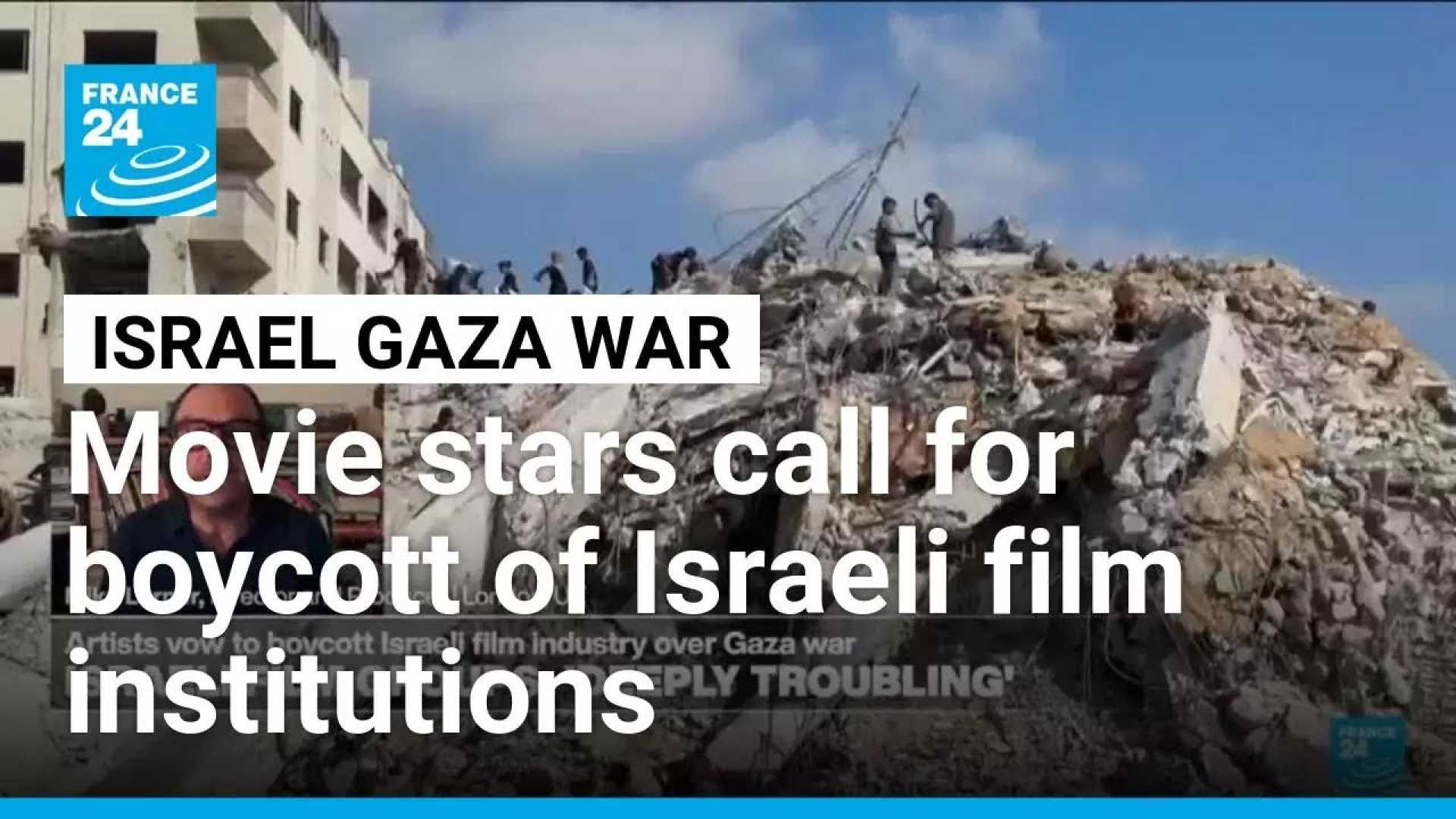Entertainment
Global Filmmakers Unite to Boycott Israeli Film Institutions Amid Gaza Crisis

Jerusalem, Israel — Over 3,400 filmmakers and actors, including notable figures like Ava DuVernay and Mark Ruffalo, have pledged to boycott Israeli film institutions they claim are complicit in genocide and apartheid against the Palestinian people.
The initiative, announced on September 8, is spearheaded by the group Film Workers for Palestine. It aims to draw attention to the ongoing conflict in Gaza, where the Palestinian death toll has reportedly surpassed 63,000. The pledge calls for signatories to refuse to screen films or participate in any work with Israeli institutions involved in what advocates describe as systemic human rights abuses.
Notables like Olivia Colman, Ayo Edebiri, and Emma Stone have joined the pledge, echoing the sentiments of their predecessors in the anti-apartheid movement. “In this urgent moment of crisis, we must do everything we can to address complicity in that unrelenting horror,” reads the open letter.
However, the Israeli film industry is divided over this boycott. Nadav Ben Simon, chairman of the Israeli Screenwriters’ Guild, expressed that the calls for boycott are “deeply troubling” and counterproductive. He argues that Israeli artists have consistently worked to showcase complex narratives, including those critical of government policies.
“We have given voice to Palestinian narratives and criticism,” said Ben Simon. “These calls do not advance the cause of peace and instead harm those committed to dialogue and reconciliation.”
The boycott targets various Israeli film festivals and production companies, including prominent events like the Jerusalem Film Festival and the Haifa International Film Festival, which the signatories claim are aligned with oppressive government actions.
In a joint statement, other Israeli filmmakers have noted that the pledge risks silencing artists who strive to contribute positively within their society and promote peace. “We will not allow this to undermine our efforts to foster dialogue and understanding,” they stated.
Avigail Sperber, an Israeli filmmaker, expressed her mixed feelings about the pledge, acknowledging her initial shock and offense but later recognizing the importance of accountability. “We must acknowledge that the responsibility lies with us too,” she said, stressing the need for action toward healing the conflict.
While Israeli film institutions generate significant revenue, estimated at $80 million, supporters of the boycott believe it could weaken international collaborations and premiere opportunities if the film community continues to apply cultural pressure. Similar to historical actions taken against apartheid South Africa, advocates hope this pledge will lead to political change in Israel.
As the conflict in Gaza escalates, the impact of this pledge on the film industry is likely to be significant, raising questions around the role of art in political activism.












